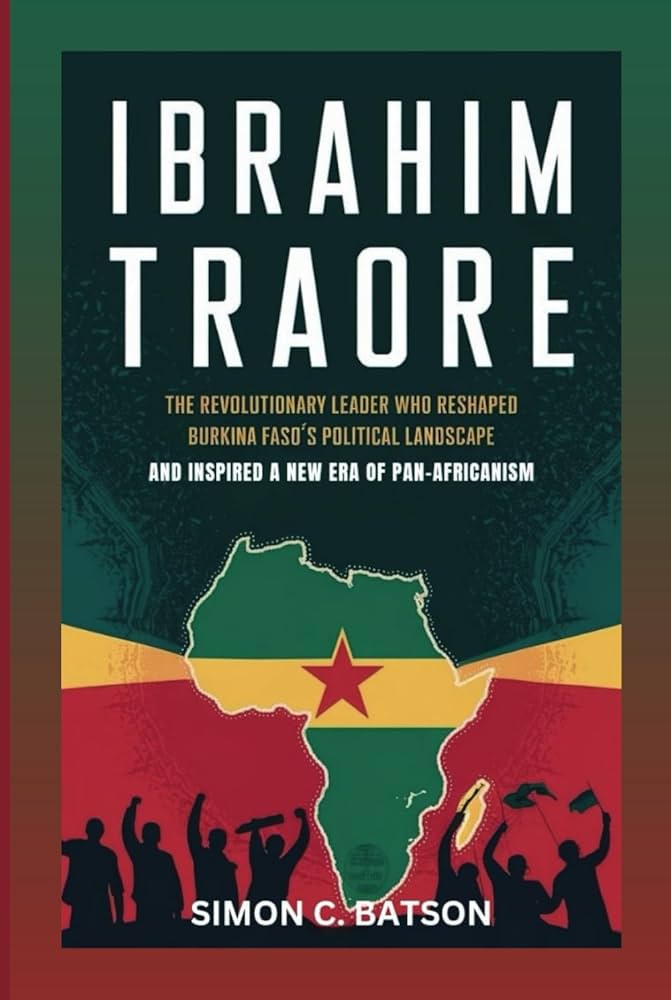Capt Ibrahim Traoré: Why Burkina Faso’s junta leader has captured hearts and minds around the world
At just 37 years old, Burkina Faso’s military leader, Captain Ibrahim Traoré, has emerged as a formidable figure, articulating a vision of pan-Africanism that resonates deeply with many across the continent. His approach is characterized by a compelling narrative aimed at liberating his nation from the perceived grip of Western imperialism and neo-colonial influences.
Admired by many, especially in countries like Kenya, Traoré’s leadership style reminds some of the late Thomas Sankara, a revolutionary icon in Burkina Faso often compared to figures such as “Africa’s Che Guevara.” Beverly Ochieng, a senior researcher at Control Risks, emphasizes how Traoré captures a growing sentiment among Africans questioning the legacy of colonialism and the ongoing struggles with poverty despite abundant natural resources.
A Shift in Alliances
Since taking power in a coup in 2022, Traoré has pivoted away from France as a colonial partner, instead forging an alliance with Russia. This partnership has included the presence of Russian paramilitary forces and the implementation of leftist economic reforms. His government established a state-owned mining company to ensure that foreign mining firms provide a 15% stake to Burkina Faso and share expertise with the local workforce. This new direction was evident with Russian firm Nordgold, which recently acquired a license for further investment in the country’s gold sector.
| Economic Policy | Details |
|---|---|
| State-Owned Mining Company | Established to retain 15% stake in foreign mining operations |
| National Gold Reserves | First-time establishment of gold reserves in Burkina Faso |
| Gold Refinery Construction | Initiative to process gold locally and retain more value |
Despite his bold moves, Traoré faces challenges at home, including a long-running Islamist insurgency that has led to increased ethnic tensions in the region. His administration has been criticized for suppressing dissent among political opponents, media, and civil society. Moreover, while his popularity appears to grow, there remain doubts about his government’s ability to tackle the ongoing violence effectively.
A New Political Era?
Experts suggest that Traoré is tapping into a deeper political sentiment across West Africa. With a significant proportion of the population being young— the median age in Burkina Faso is around 17.7 years—he effectively leverages modern communication platforms to bolster his revolutionary image. Rinaldo Depagne, deputy director of the International Crisis Group, accentuates Traoré’s charm and charisma that attracts both local and international audiences.
Prof. Kwesi Aning of the Kofi Annan International Peacekeeping Training Centre argues that Traoré embodies a shift away from traditional democracy towards alternative governance models. Evidence shows that dissatisfaction with democratic systems is rising, as many young people feel disillusioned by unfulfilled promises of better jobs, education, and healthcare.
As Traoré navigates the complexities of both internal and external pressures, the impact of his leadership echoes across borders. With recent coup attempts thwarted, a rally supporting his vision reaffirmed his influence among his supporters, both within Burkina Faso and internationally. Whether Traoré can establish a lasting legacy that fosters peace and strong institutions remains to be seen, but his leadership has certainly ignited discussions about sovereignty and identity in a changing West Africa.


